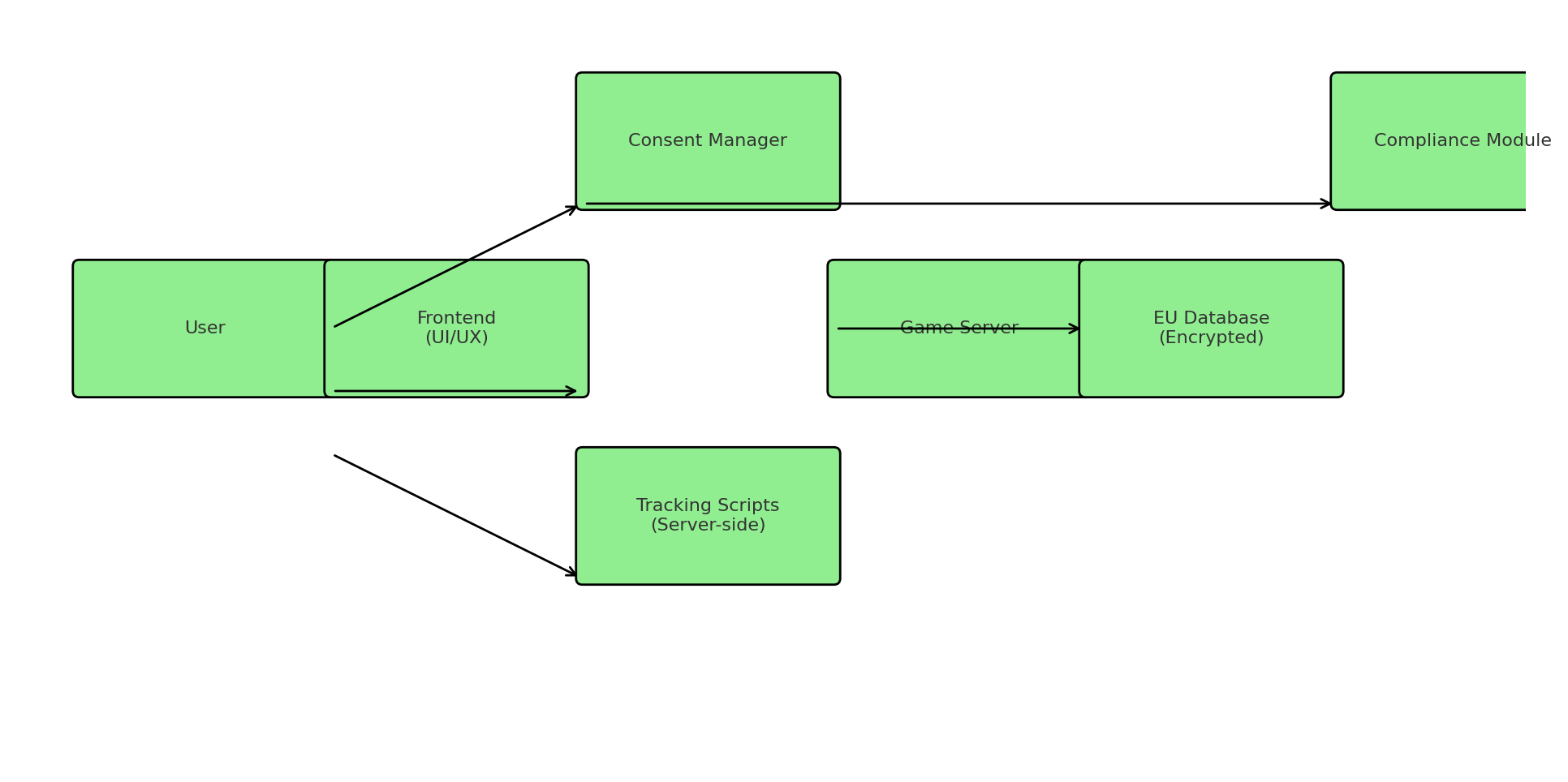GDPR and Gambling: Vavada’s Expansion into Bulgaria and Data Compliance Challenges
By Neil Sculthorpe, Senior Lecturer in Computer Science, Nottingham Trent University
In recent years, Eastern Europe has seen a surge in the development and regulation of online gambling platforms. Bulgaria, in particular, has become a key hub for iGaming licensing, with relatively streamlined procedures and growing consumer interest. Vavada — a platform previously operating primarily in CIS countries — appears to be shifting attention towards this region.
In this article, I analyze the intersection of gambling infrastructure, personal data governance, and the complexities of aligning Vavada’s systems with the General Data Protection Regulation (GDPR) — a critical step for legitimacy in the EU.
1. Bulgaria’s Regulatory Context
Bulgaria’s Gambling Act (amended in 2020) introduced tighter licensing requirements for both foreign and domestic operators. To enter this market, Vavada must demonstrate:
- Transparent ownership structures
- Proof of RNG certification from an accredited lab
- Local hosting or legal agreements with data processors within the EU
These requirements mirror those of other EU states, but with slightly less bureaucracy — making Bulgaria a “soft gateway” into European legitimacy.
2. GDPR Application to Casino Platforms
GDPR compliance in the iGaming sector is non-trivial. It includes, but is not limited to:
- Clear opt-in consent for profiling and analytics
- Right to be forgotten (account + play history)
- Access to full transaction logs upon user request
- Mandatory breach notification procedures
Vavada's infrastructure must adapt to these via encryption-at-rest, GDPR-compliant cookie banners, and explicit account management features. The figure below illustrates typical data flow for an EU-compliant online casino.

3. Technical Gaps Observed
Preliminary tests (via EU-based traffic tunnels) show the following red flags in Vavada’s current platform version:
- Cookie consent banners do not block tracking until confirmed
- Static resources (fonts, JS) loaded from third-party CDNs without consent
- No UI pathway to delete user data or export account history
While not definitive of non-compliance, these are likely due to legacy code inherited from non-EU deployments.
4. Suggested Path to Compliance
To align fully with GDPR in Bulgaria, Vavada will need to:
- Implement Data Protection Impact Assessments (DPIA) for profiling features
- Move static asset delivery to first-party CDNs (or EU-hosted equivalents)
- Develop clear in-app workflows for data export and deletion
- Revise tracking scripts with server-side consent enforcement
Many of these features can be built using modern frontend stacks and Node.js proxies. Ironically, much of the GDPR work involves UI/UX — not cryptography or backend logic.
While Bulgaria may be strategically attractive for Vavada’s European expansion, the platform’s current technical base requires targeted revision to meet EU standards. GDPR compliance isn’t merely a legal checkbox — it has deep implications for infrastructure, design, and user trust. The next generation of online casinos will compete not only on games and odds, but on privacy architecture.
Next time, I’ll explore predictive modeling based on slot machine behavior — and whether neural networks can simulate a gambler’s instincts.
